Blog • Understanding Publishing
Last updated on Feb 07, 2023
What is Indie Publishing? And How to Get Started in 2025
About the author
Reedsy's editorial team is a diverse group of industry experts devoted to helping authors write and publish beautiful books.
More about the Reedsy Editorial Team →Martin Cavannagh
Head of Content at Reedsy, Martin has spent over eight years helping writers turn their ambitions into reality. As a voice in the indie publishing space, he has written for a number of outlets and spoken at conferences, including the 2024 Writers Summit at the London Book Fair.
View profile →Indie publishing, also known as independent publishing, is any type of publication process that doesn’t rely on a Big 5 publisher. While this term used to reference publishing a book through small presses, it can now also indicate self-publishing. Today, indie publishing is considered a more approachable course for writers to become published authors, without needing the money for an agent or their range of connections.
So how did this term come about? The world of publishing is an ever-changing landscape. In the old days, there was nothing but small publishers. But, as with any other industry, modernization in the publishing industry meant mergers and buyouts and corporate giants emerging from the crowd.
Therefore, the term “indie” came into the scene to mean small presses at first. If people are talking about indie publishers, that’s still often what they’re referring to. However, indie publishing is a much broader term that, more and more, is being used to describe self-publishing, like we mentioned.
But if there’s already a word for self-publishing, why do we need to call it something else? Excellent question.
Wondering if you should self-publish or traditionally publish? Take our free 10-day course all about the topic.
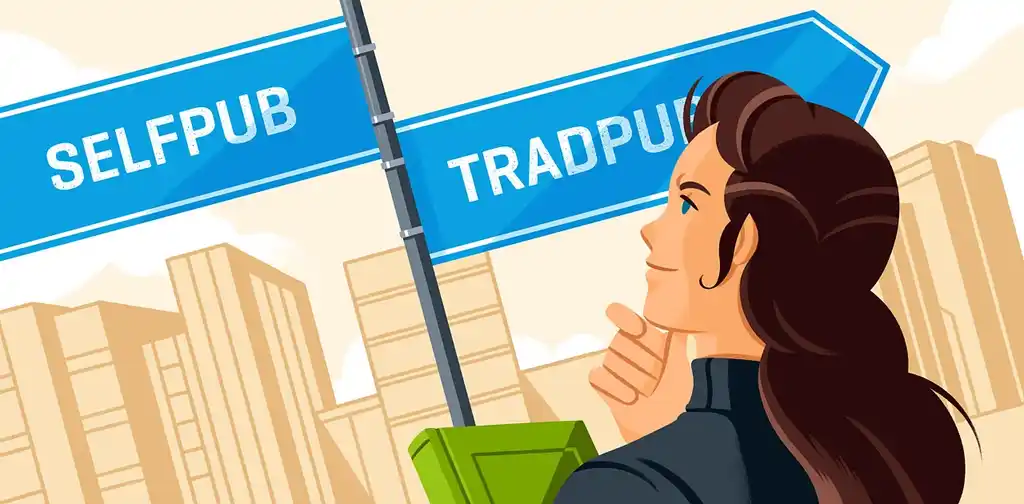
FREE COURSE
Self-Publishing vs. Traditional Publishing
Make the informed choice with our free 10-day course.
Self-publishing vs. indie publishing
There are two main reasons why many self-publishers are trying to move away from the "self-publishing" label.
“Self-published” is still sometimes associated with inferior quality
While the stigma is fading, there are people who still think self-publishing means poor quality. Before the rise of ebooks, self-publishing largely meant authors giving exorbitant amounts of money to vanity presses to create print copies of their books, most of which never sold.
Then Kindles became popular, and the indie publishing “gold rush” began. Suddenly, anyone with the time to slap a cover onto their book and upload it to Amazon was told they could be making thousands of dollars a month. Understandably, a lot of the books that followed were made quickly and on the cheap, leading to inferior quality.
These days, however, many self-published titles are just as professionally made as the ones coming out of the big publishing houses. But their authors understandably don’t want to be associated with the poor-quality titles in the field. The term “indie publishing” allows them to avoid that.
It ignores how much effort goes into making a book
Additionally, many people are bothered by the fact that self-publishing is anything but DIY. To create a book that will stand up to what the big publishers can produce, you need a small team of your own. Editors and designers are the first and most obvious people you’ll want to work with, but to truly shine, you should also consider marketers and publicists who will help build strategies for bringing your book to the masses.
If this all sounds like it takes work, you’re right. A professional quality book is not a simple thing to produce, and it may be tempting to skimp on the process to save time and money. The problem with doing that, however, is that you’re really not saving in the long run. Readers demand quality, and if they see that you don’t care about your book enough to invest in it, then why should they care enough to buy it?

Looking for a professional book editor?
The best ones are on Reedsy. Sign up today and work with them on your next book.
Learn how Reedsy can help you craft a beautiful book.
Luckily, indie publishing isn’t anywhere near as scary as it might sound. In fact, with a great team on your side, indie publishing is both enjoyable and empowering. But how do you pull that off?
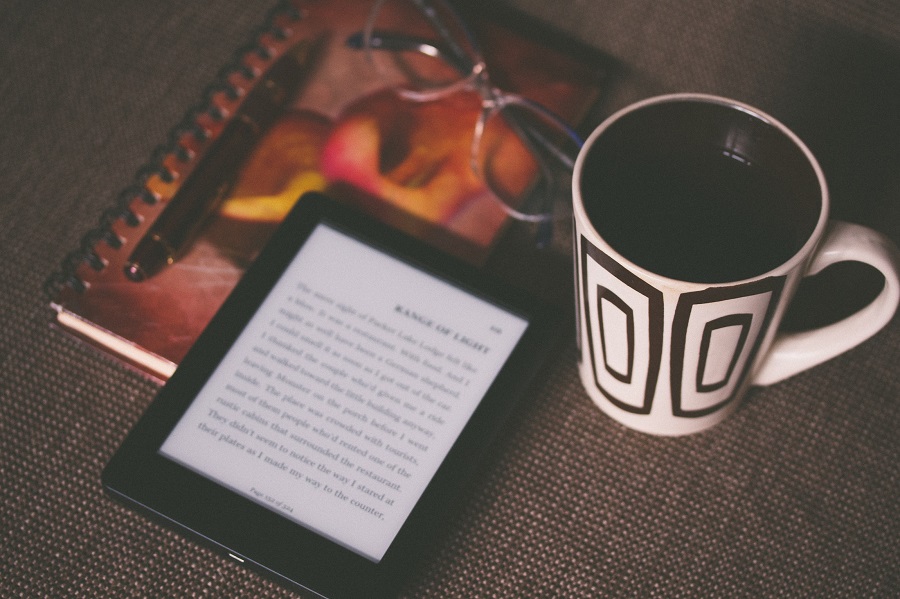
Three steps to do indie publishing right
Step 1: Identify your goals
To start with, you’ll want to figure out what you’re hoping to achieve by indie publishing. This means looking at your big-picture goals first, and then breaking them down into smaller stages so you’ll know how to get there.
For example, let’s say you’d like to make this your sole, full-time income. You’re going to want to start by doing some math (sorry).
- What is your target income?
- How much it will cost to produce each book?
- How quickly you can write your books?
- What kind of price-point are you going to target? (And what percentage of royalties are you expecting?)
These are the basic considerations, and you’d be wise to crunch all these numbers beforehand.
Other things to consider include the distribution methods you’ll be using. Are you making only ebooks? Selling exclusively through Amazon, or going wide? Do you want print copies of your work — if so, hardcover or paperback? Are you likely to get into audiobooks eventually?
By making these decisions now, you’ll actually be putting together a business plan for yourself, and taking your work one step closer to a professional level.
Step 2: Assemble your team

As we’ve mentioned, a big part of the reason some people chose to call themselves “indie” publishers is that they’re hardly doing all the work by themselves! To really stand out, you’ll want the best team as possible in your corner.
To start, identify exactly how much you’ll need to hire out — and what you can do yourself.
Even for the things you’ll want to outsource: how much do you need to hire for, and what can you barter for instead? Are you okay asking family and friends to pitch in, at least in the beginning? Do you know someone who’s good with computers, so you can trade favors in exchange for some technical help to get you started?
Next, you’ll want to turn to the professionals. Start by making a list of every job you’ll need to hire for. Consider cover design and illustrations, formatting, and all the different stages of editing. Then go a little deeper: does your business plan include distributing books in audio format or translations into other languages? Are you the kind of person who would benefit from having someone else create a marketing strategy?
Regardless of how many people you’ll need, be sure to do your research. Reedsy lets you browse the profiles of hundreds of industry professionals for free — all of whom have been thoroughly vetted. Remember: indie publishing is above all a business, so take it seriously. Gather quotes, ask questions, and review portfolios and profiles to make sure the people you choose for your team will understand your creative vision.

Step 3: Create a smart marketing strategy
Amazon ads? Facebook? Giveaways? Or other author-specific marketing platforms like BookBub? The possibilities for getting the word out there are endless — and daunting, at least when you’re first getting started.
Thankfully there are all sorts of resources out there to guide you — and you could always add a marketer or publicist to your team of professionals if you’re really not sure what to do next!
No matter what your marketing plans are, though, make sure you’ve got a solid foundation by having:
- A website for yourself as an author
- Some kind of social media presence
- A strong author page (which you can configure through Amazon)
- A newsletter
You’ll also want to come up with an advertising plan, whether that’s continually running ads on Amazon or Facebook, or using email-blast services like BookBub to hype up your discounts and promotions. There are plenty of options out there, so don’t get discouraged if the first one you find doesn’t seem to fit within your budget.
And above all, don’t forget to research and identify your target audience. All the advertising in the world isn’t going to do you any good if you’re not reaching the right audience for your book.
Free course: Finding your target readers
Identify your target readers, find out where they 'live', and get them to buy your book. Get started now.
In short, no matter what you choose to call yourself, you’ll need to think like a professional if you want to play at a professional level. That means planning and investment and above all — a quality product! Luckily, there’s an app for that…
To learn more about self-publishing, check out this course:
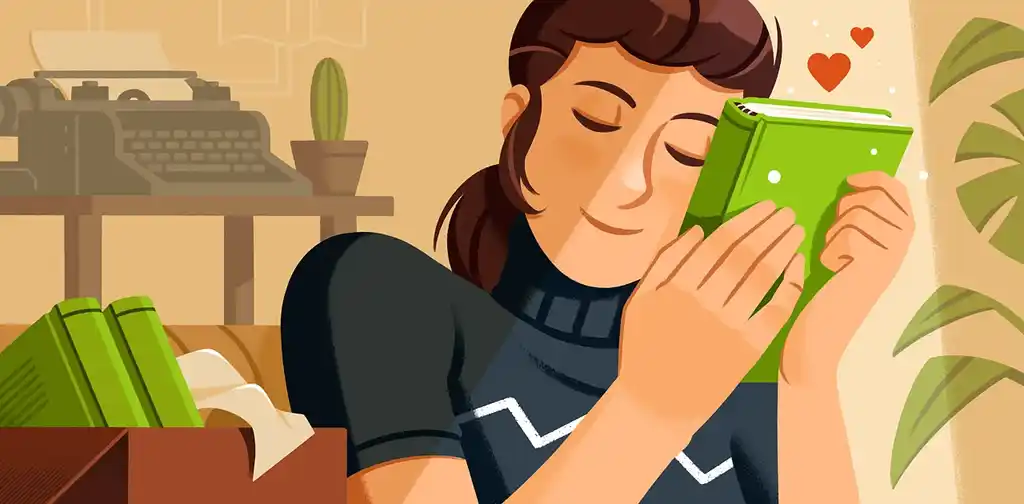
FREE COURSE
How to Self-Publish a Book
Learn to set yourself up for success as an indie author.
How do you define indie publishing and self-publishing? Are there any other tips you’d like to share that elevate your work to a professional level? Let us know in the comments!
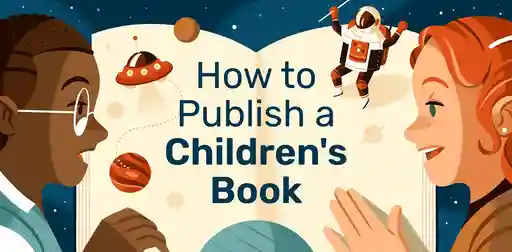
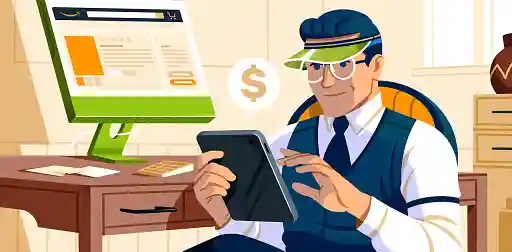

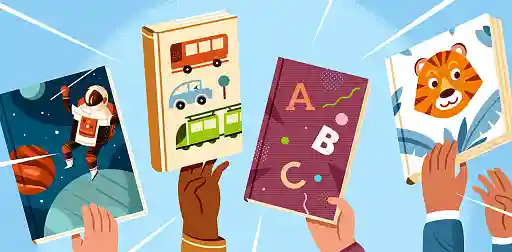

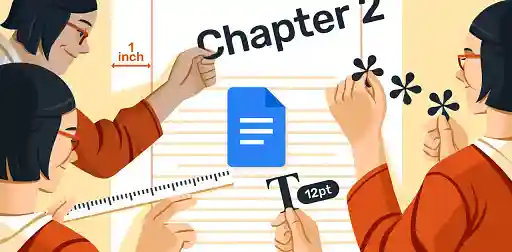
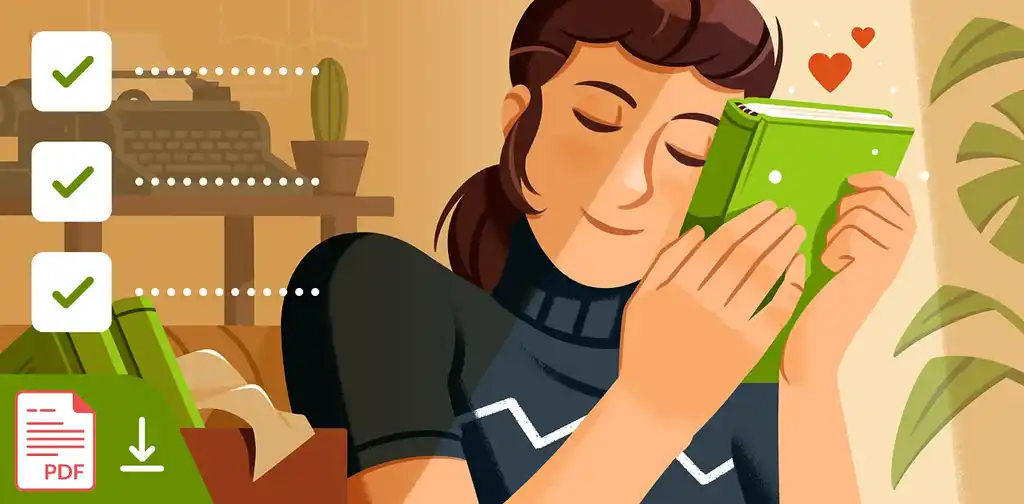
2 responses
Dawn says:
15/01/2020 – 20:26
Where do you find good book marketers or publicists? Specifically in the sci-fi genre? You're right, there's a lot of information out there and it is daunting.
↪️ Martin Cavannagh replied:
29/01/2020 – 16:16
We have quite a few on Reedsy! Head to https://reedsy.com to search for one with experience in your genre — and send them a no-obligation request. Okay... shameless promotion over!